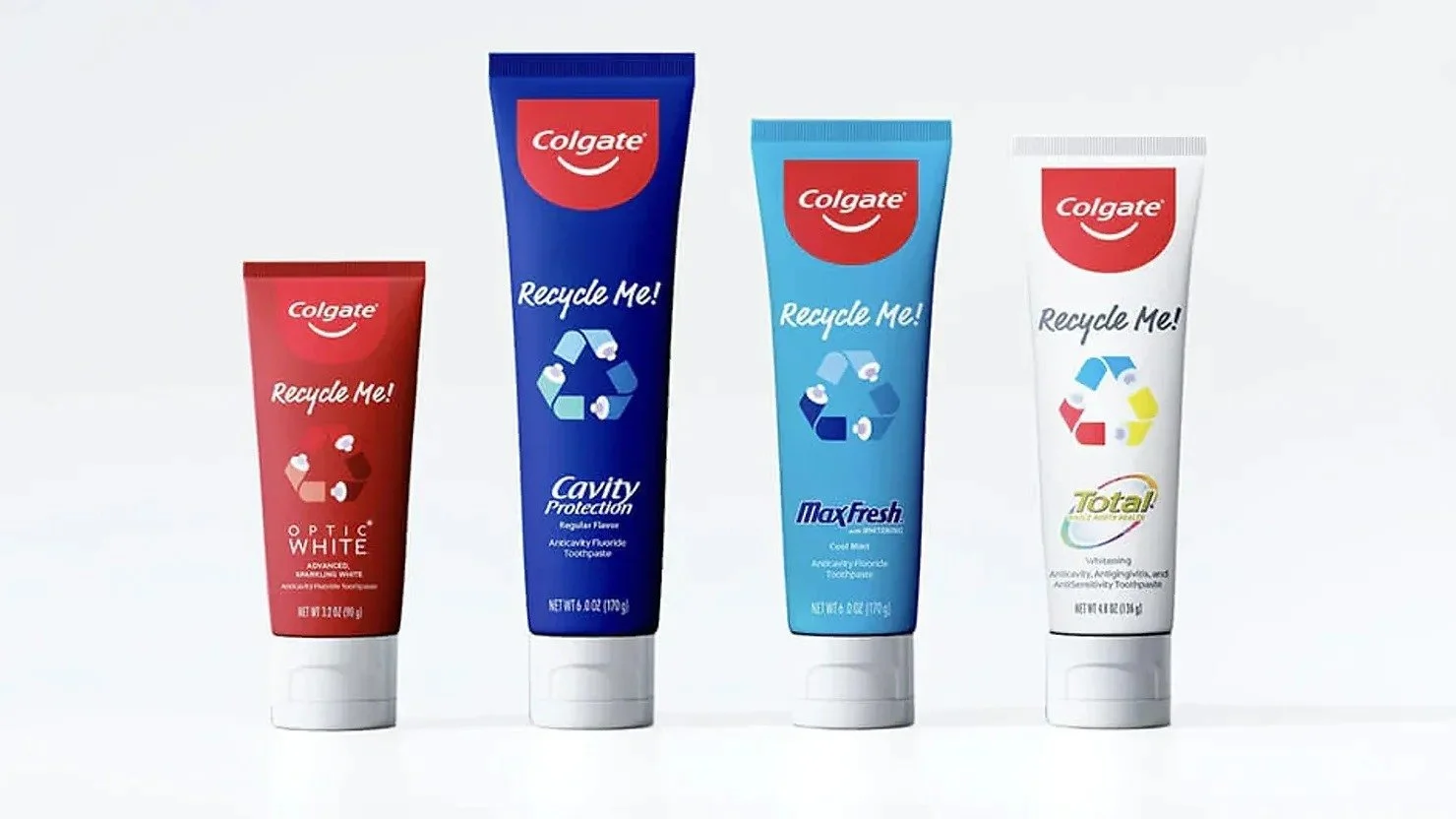5 Lessons from Colgate's Greenwashing Litigation
What Happened?
Consumers in California filed a class action litigation against Colgate-Palmolive alleging they falsely advertised Colgate and Tom's of Maine toothpastes as recyclable.
The consumers argued that the recyclability claims were misleading greenwashing because only a “minuscule” number of recycling facilities actually accept toothpaste tubes for recycling.
The big question: What if a product's material is recyclable, but its design format is not?
An Innovative New Tube
The product at issue is an innovative tube developed by Colgate that was made primarily of HDPE #2 plastic, the material used for items like milk or detergent jugs, with a well-established recycling stream.
Conventional toothpaste tubes typically are made from multiple different material layers, making them more difficult to recycle than monomaterial products.
Colgate's Claims
Colgate marketed the toothpastes as have a "recyclable tube" made entirely of HDPE plastic. They also claimed that Tom’s of Maine product packaging is “the first of its kind recyclable tube.”
Colgate argued that the tubes are compatible with the HDPE #2 recycling stream, which is widely available to the vast majority of consumers across California and the United States.
So What's the Issue?
The complaint alleged that most recycling facilities are unable to actually distinguish between traditional toothpaste tubes and Colgate's HDPE tubes.
In addition, product residue inside of toothpaste tube poses an "insurmountable contamination risk" to the recyclable waste stream (thereby degrading the quality of other recyclables and potentially sending them to landfills).
Under the Green Guides, it is considered deceptive for a company to make unqualified recyclable claims about a product unless at least 60 percent of consumers have access to a recycling program that will recycle the item. However, the question remains as to whether a scenario where a material (but not a product format) that can be recycled by 60 percent of consumers would meet this standard.
What Can Brands Learn?
Consumers claimed that Colgate overstated the actual recyclability of its products, and instead based its claims on the recyclability of the materials used.
To avoid the pitfalls of pursuing innovation at the cost of greenwashing allegations, here are 5 lessons all brands should learn.
1. Target Today's Reality
Don’t focus on the theoretical.
If a material is recyclable, but is used in a product format that is not recyclable in its end-of-life, consumers will feel deceived by a recyclability claim.
2. Make Some Friends
For problems requiring solutions at the systems level, it’s all about industry collaboration.
Colgate acknowledged that they would need to work with industry stakeholders, including other companies and recycling facilities, before their new tubes could be widely recycled.
Most industry progress had been committed to 2025, leading to...
3. Don't Put the Cart Before the Horse
Sustainable solutions require innovation. Innovation takes time.
It’s important to communicate progress to consumers, However, instructing consumers to change behavior (“buy this product!”) before the goal has been achieved (full recyclability) can reek of greenwashing.
4. Qualify Those Claims
Colgate almost had it right.
Colgate instructed consumers to “check locally” before recycling. They also didn’t hide that the market for recyclable tubes was still transitioning.
However, if the qualifications on claims hide the reality that a product is almost never going to be accepted for recycling, it doesn’t provide the necessary transparency.
5. Bring in the Experts
Sustainability is a journey that no one person (or brand) can tackle alone.
Working with experts is crucial.
From packaging designers to legal experts reviewing your green claims, having the right sustainability team can make all the difference.
*
If you're interested in learning more about Source Beauty ESG and how I support companies of all sizes with their sustainability and impact initiatives - including environmental marketing claims - reach out (maggie@sourcebeauty.co) or check out the Source Beauty services guide.

